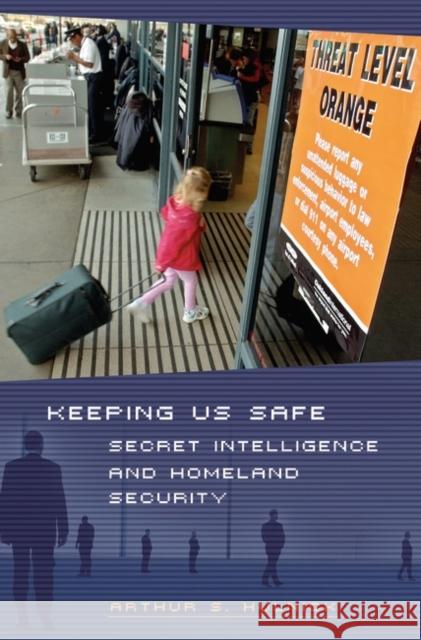Keeping Us Safe: Secret Intelligence and Homeland Security » książka
Keeping Us Safe: Secret Intelligence and Homeland Security
ISBN-13: 9780275981501 / Angielski / Twarda / 2004 / 264 str.
How can the United States guard against a clever unknown enemy while still preserving the freedoms it holds dear? Hulnick explains the need to revamp U.S. intelligence operations from a system focused on a single Cold War enemy to one offering more flexibility in combating non-state actors (including terrorists, spies, and criminals) like those responsible for the attacks of September 11, 2001. Offering possible solutions not to be found in the federal commission's official report, Hulnick's groundbreaking work examines what is really necessary to make intelligence and homeland security more efficient and competent, both at within the United States and abroad.
The U.S. government's progress in establishing a system for homeland security is considerable, yet, besides shifts in alert status, most U.S. residents are unaware of the work being done to keep them safe. Describing the system already in place, Hulnick adds further ideas about what more is needed to protect Americans in the ever-changing world of intelligence. To create a truly valuable program, it is suggested the the United States consider not only new strategies and tactics, but also the need to break down the barriers between intelligence agencies and law enforcement.











